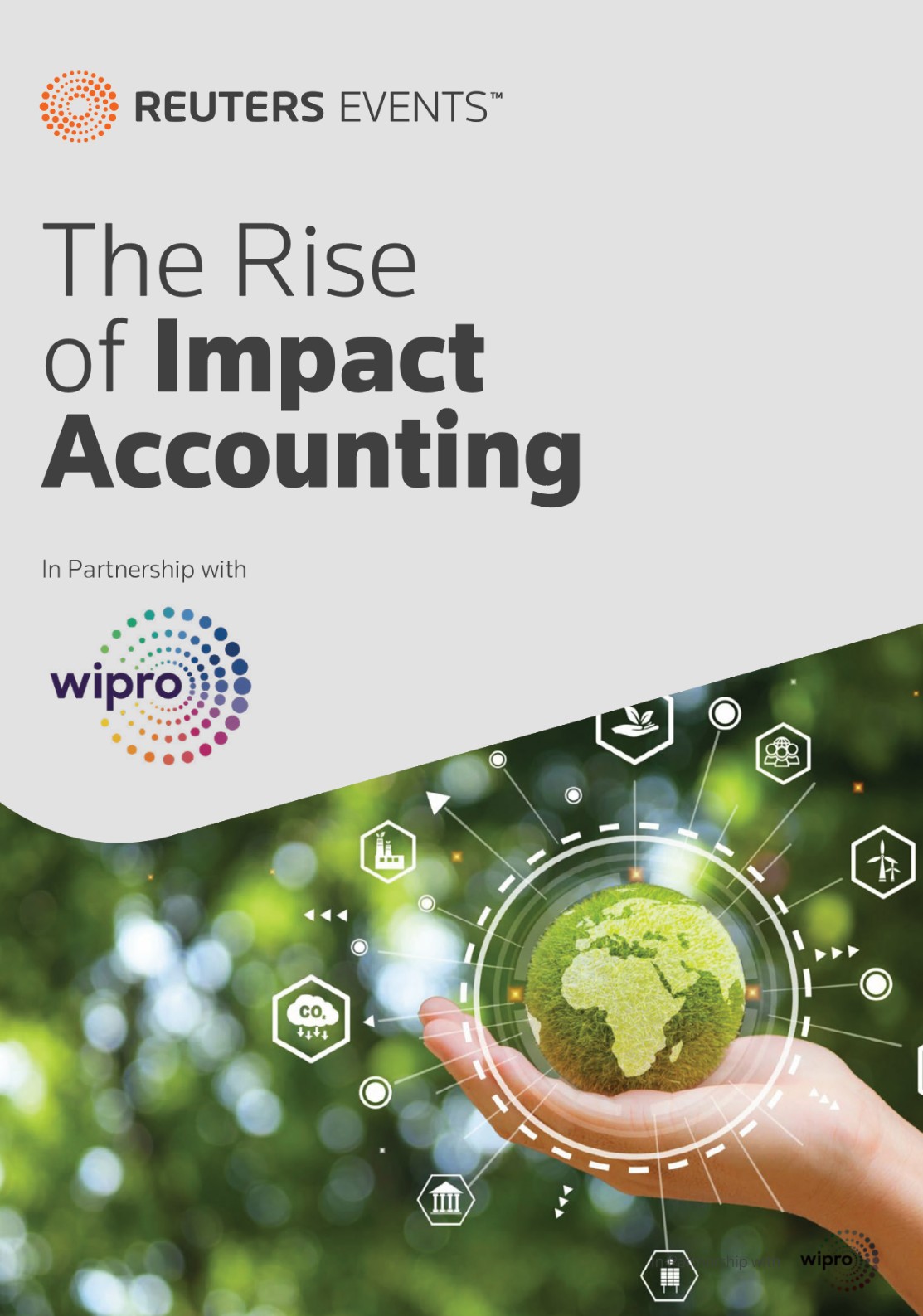Key Findings
It’s time to think beyond traditional financial reporting. Businesses that measure and report their broader financial, social, and environmental impacts make informed decisions that benefit not only their bottom line but also society and the planet.
According to Gartner, 83% business leaders believe that their sustainability programs directly created both short- and long-term value for their organization.
Impact accounting is driving a shift toward a more complete valuation of financial and non-financial capital.
By going beyond traditional financial metrics, enterprises gain a deeper understanding of their overall performance, avoid risks, and make better business decisions.

Key Findings